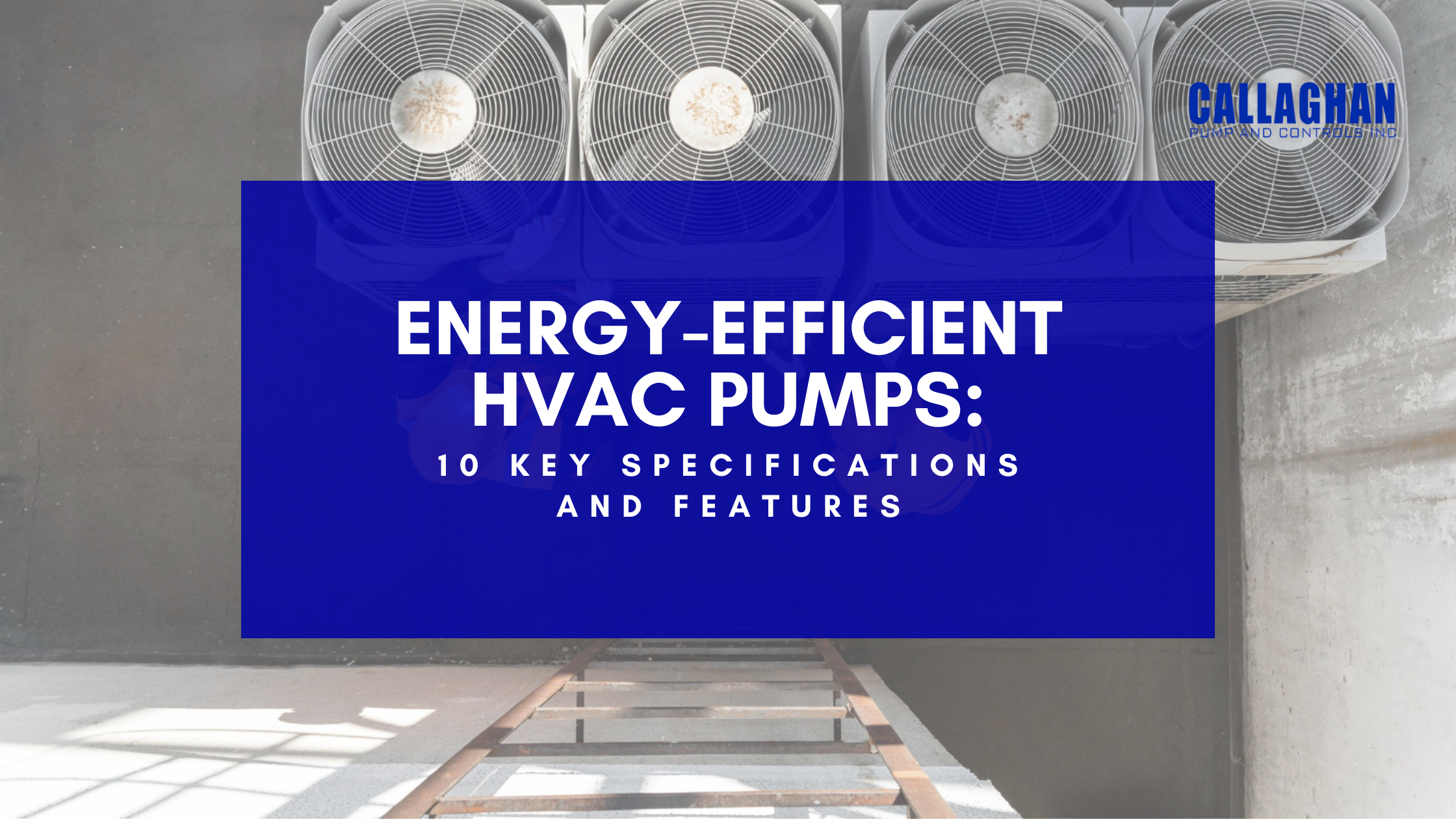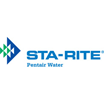
January 9th, 2024
HVAC pump systems are designed to circulate and transfer air as part of a home heating and cooling system. They are installed outside your home and are powered by electricity.
How do HVAC pump systems work? They transfer heat using refrigerant and can handle both cooling and heating. There are several different types of HVAC pumps. Make sure you invest in an economical and energy-efficient one.
Several specifications play a crucial role in optimizing these heating, ventilation, and air conditioning systems when identifying an energy-efficient HVAC pump. Considering these specifications, you can shortlist a pump system that reduces energy consumption and minimizes operational costs. Here are some key specifications to consider when evaluating energy-efficient HVAC pumps in NYC :
Look for residential or commercial HVAC pumps that meet industry standards for energy efficiency. The pump’s efficiency is often expressed as a percentage, with higher percentages indicating greater energy performance. Also, consider the motor efficiency when looking for an energy-efficient heat pump. High-efficiency motors contribute significantly to the overall system efficiency.
HVAC pump systems with variable speed drives (VSD) can automatically adjust their speed based on the actual demand for heating or cooling. This may save energy by matching the pump output to the required load. Also, VSDs help optimize the pump performance and expand the life expectancy.
Advanced pump control systems and automation features enhance the pump’s efficiency by optimizing its operation based on real-time conditions. Therefore, consider HVAC pump systems with intelligent controls that can adapt to varying system demands.
Hydraulic efficiency refers to how effectively a pump can move fluid/air through the system. So, look for commercial HVAC pumps with optimized hydraulic designs that can reduce energy consumption and improve the overall system performance.
The construction material and design of the heat pump can also impact its efficiency and longevity. Look for HVAC pump systems with durable materials like stainless steel or other corrosion-resistant materials that ensure a longer lifespan and reduced maintenance needs.
An oversized or undersized pump system can lead to inefficiencies and increased energy consumption. Therefore, purchasing and installing a heat pump that is appropriately sized for your HVAC system’s capacity and needs is better.
Low noise levels are important, especially in HVAC. Choose pumps designed with noise-reduction features for quiet operation. Consider heat pumps that are easy to maintain to ensure long-term reliability. Features such as easily accessible components and minimal maintenance requirements can lower operating costs.
HVAC pump systems that seamlessly integrate with building management systems (BMS) enable centralized control and monitoring. This integration allows for better coordination of HVAC components, optimizing the system’s efficiency.
Evaluate the overall life cycle cost of the HVAC pump, including initial purchase price, installation costs, energy consumption, and maintenance expenses. This holistic approach provides a more accurate assessment of the pump’s economic efficiency.
Ensure the HVAC pump you choose complies with relevant industry standards and certifications. These certifications may come from reputed organizations like the Air-Conditioning, Heating, and Refrigeration Institute (AHRI) or Energy Star.
As one of the most renowned pump distributors in New York, Callaghan Pump provides pumps for HVAC applications, including cooling towers, sump pumps, and variable frequency drive constant pressure pumps.
Get in touch with us for more details!
john@callaghanpump.com,
eileen@callaghanpump.com,
dan@callaghanpump.com,
sales@callaghanpump.com,
service@callaghanpump.com












